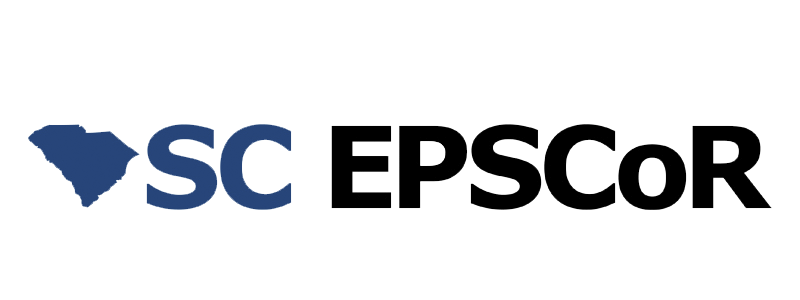- Home
- Pawar Shrikant Research Focus
Pawar Shrikant Research Focus
 Dr. Shrikant is an Assistant Professor in the Department of Computer Science and Biology at Claflin University. Founded in 1869, Claflin is South Carolina’s oldest Historically Black College/University (HBCU). He received his master’s in computer science and a Ph.D. from Georgia State University, Atlanta. He’s also a co-founder of a Connecticut-based AI company, ChestAi. The research in his group is focused on big data (next-generation sequencing, microarrays, X-ray crystallography, etc.) analysis with machine learning techniques (Neural networks, SVMs, Restricted Boltzmann machines, Clustering algorithms, etc.). Bounding box algorithms are useful in the localization of image patterns. Recently, the utilization of convolutional neural networks on X-ray images has proven a promising disease prediction technique. However, pattern localization over prediction has always been a challenging task with inconsistent coordinates, sizes, resolution, and capture positions of an image. In this article, we present a unique approach of SSD with a VGG-16 network as a backbone for feature detection of a bounding box algorithm to predict the location of an anomaly within a chest X-ray image. In this study, we have explored the potential of AI through machine learning approaches to propose that these methods can act as recommendation systems to sort and prioritize important genes and finally predict the presence of specific biomarkers. Restricted Boltzmann Machines are an effective machine learning tool for the classification of genomic and structural data. In this article, we have used them to compare resistance profiles of different protease inhibitors. Identifying effective drug targets, with little or no side effects, remains an ever-challenging task. Here, we put forward an integrated method (Figure 1-Right) of analyzing a complex network of cancer and depict the importance of k-core, functional connectivity, and centrality (KFC) for identifying effective drug targets.
Dr. Shrikant is an Assistant Professor in the Department of Computer Science and Biology at Claflin University. Founded in 1869, Claflin is South Carolina’s oldest Historically Black College/University (HBCU). He received his master’s in computer science and a Ph.D. from Georgia State University, Atlanta. He’s also a co-founder of a Connecticut-based AI company, ChestAi. The research in his group is focused on big data (next-generation sequencing, microarrays, X-ray crystallography, etc.) analysis with machine learning techniques (Neural networks, SVMs, Restricted Boltzmann machines, Clustering algorithms, etc.). Bounding box algorithms are useful in the localization of image patterns. Recently, the utilization of convolutional neural networks on X-ray images has proven a promising disease prediction technique. However, pattern localization over prediction has always been a challenging task with inconsistent coordinates, sizes, resolution, and capture positions of an image. In this article, we present a unique approach of SSD with a VGG-16 network as a backbone for feature detection of a bounding box algorithm to predict the location of an anomaly within a chest X-ray image. In this study, we have explored the potential of AI through machine learning approaches to propose that these methods can act as recommendation systems to sort and prioritize important genes and finally predict the presence of specific biomarkers. Restricted Boltzmann Machines are an effective machine learning tool for the classification of genomic and structural data. In this article, we have used them to compare resistance profiles of different protease inhibitors. Identifying effective drug targets, with little or no side effects, remains an ever-challenging task. Here, we put forward an integrated method (Figure 1-Right) of analyzing a complex network of cancer and depict the importance of k-core, functional connectivity, and centrality (KFC) for identifying effective drug targets.

Dr. Shrikant is the Co-Principal Investigator from Claflin of the NSF EPSCoR Research Infrastructure Improvement Track-1 award entitled “RII Track-1: AI-Enabled Devices for the Advancement of Personalized and Transformative Healthcare in South Carolina (ADAPT in SC)“. The awarded project is a collaboration among 11 South Carolina colleges including three comprehensive research universities, four primarily undergraduate institutions, three historically black colleges and universities, and one community college. Pawar is working on Thrust 2 (Deep Learning (DL) Imaging Model-enabled Biomedical Devices for Personalized Prognostic and Treatment Applications) research techniques of computer vision for image analysis. He also is involved with education & workforce development and is a member of the project implementation team from Claflin University. Identifying cancer drug targets, developing regression and tree-based classification prognostic models, deep learning & computer vision are his other research interests. He’s also a recipient of awards like the Google HBCU Career Readiness Capacity Grant.

